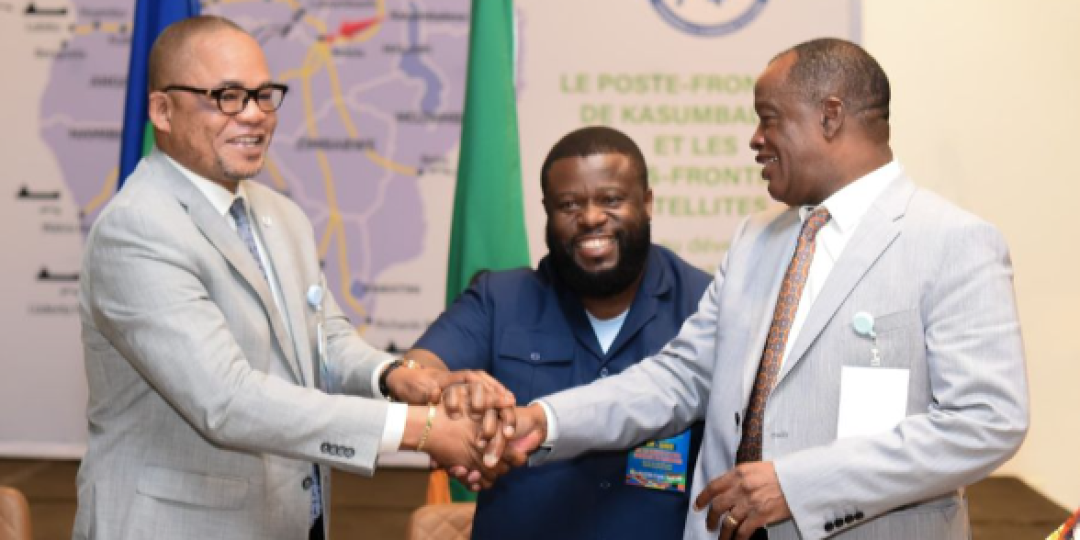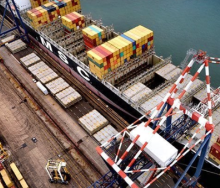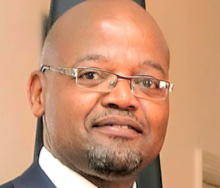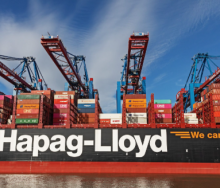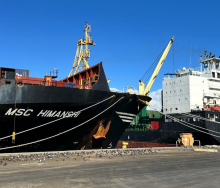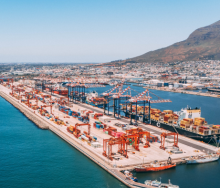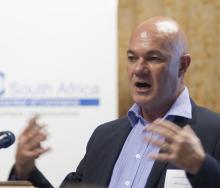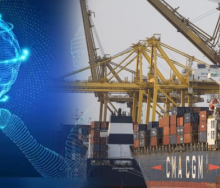Cross-border road freight operators trucking minerals out of the Democratic Republic of the Congo (DRC) and back-hauling supplies to ore-concentrated areas in Lubumbashi and Kolwezi received some welcome news this morning (May 17) about Kasumbalesa.
According to a report from Kenya, the governments of Félix Tshisekedi (DRC) and Hakainde Hichilema (Zambia) have signed a trade-facilitating agreement to sort out long-standing transit issues at what could easily be described as the world’s most congestion-prone border.
Kasumbalesa is also a very important border, especially for the fast-burgeoning electronic vehicle (EV) manufacturing industry.
As much as 70% of cobalt used worldwide for EVs and other green tech batteries, heat-resistant alloys, tool steel, magnetic materials, catalysts and desiccants, radioactive applications and aerospace machinery, is mined in the DRC.
To put that in perspective, a World Bank report published in 2021, Cobalt in the DRC, found that the landlocked country – the Port of Matadi isn’t really supply-chain feasible – produces about 100 000 tonnes of cobalt per annum compared to the 140 000 tonnes by all other producers combined.
Add super-conductive commodities like copper and columbite-tantalite, or the “coltan” used in smart appliance capacitors, and a clear picture crystallises about the importance of Kasumbalesa.
The Nation Media Group reports that ministers from the DRC and Zambia discussed “a draft collaboration framework and action plan that has been developed to find long-term solutions to challenges facing transporters”.
Apparently, DRC deputy prime minister of interior and security affairs, Peter Kazadi, said his country remained committed to “finding long-term solutions to challenges facing transporters”.
Hence renewed undertakings by Zambia and the DRC, in keeping with oversight regimes of the Southern African Development Community (SADC), can only bode well for long-suffering over-border hauliers.
Or can they?
Talk about trade facilitation through Kasumbalesa is nothing new.
Last year, following a massive snarl-up south of the border, Freight News reported that a bilateral agreement to transform the perennially congested intra-regional trade transit into a 24-hour border had been in place for at least a year – to no avail.
Transporters complained for weeks about what was happening at Kasumbalesa before high-level dignitaries converged around a table to map out new decongestion efforts.
About the latest bilateral cooperation agreement, Kazadi said: “DRC is concerned about this situation, which is hampering the smooth flow of trade between our two countries.
“We have agreed to work together with Zambia and find a lasting solution to this situation.”
Really?
In the words of a cross-border logistics expert who has made it his life’s mission to un-snag regional SADC transits: “Hopefully, this will come to fruition this time and not just be another talk shop with no action.”
